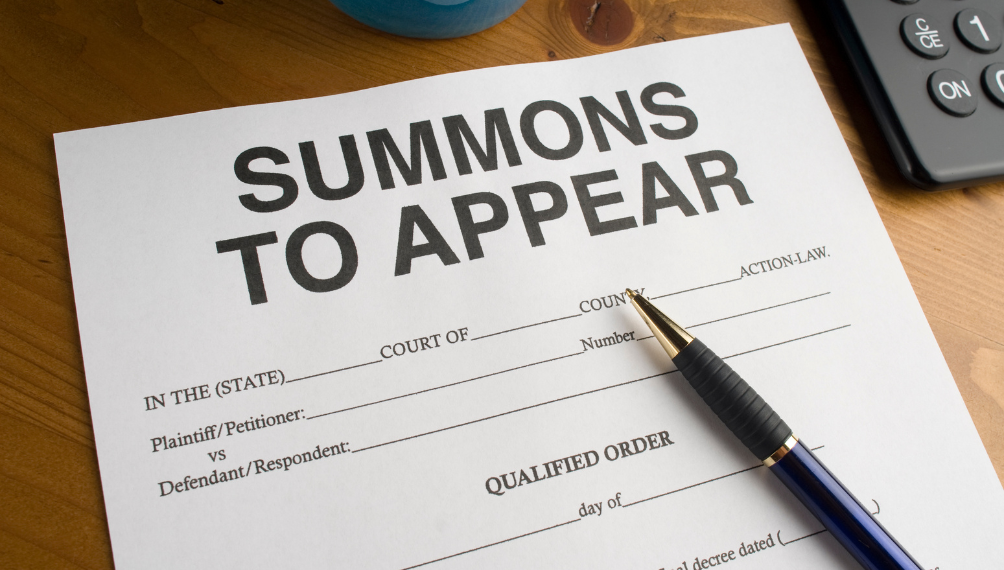If you’ve ever filed a commercial insurance claim, you might have come across the term subrogation. While it may sound complex, it’s actually a process that helps shield your business from bearing the full financial burden of an incident. At Noyes Hall & Allen Insurance, providing commercial insurance products to business owners throughout Portland, ME, we prioritize helping business owners understand what happens after a claim—and how subrogation can play a key role in the outcome.
Defining Subrogation
Subrogation essentially involves your insurance company stepping into your shoes to recover costs from the party that caused the loss. For instance, if a delivery driver damages your property and your insurer pays for the repairs, they may then pursue the driver’s insurance company for reimbursement. It’s a behind-the-scenes process, but it helps prevent your premiums from unnecessarily increasing after an accident that wasn’t your fault.
The Importance of Subrogation for Your Business
While subrogation typically doesn’t require much action on your part, it can influence how quickly your claim is resolved. Sometimes, your insurance company may need details or documentation from you to support their efforts. Being prepared and responsive can help expedite the process. More importantly, successful subrogation means your insurer recovers costs, which can be beneficial for future rates and coverage options.
A Reliable Partner in Your Corner
Navigating a commercial insurance claim can be stressful enough without having to worry about the fine print. That’s where we come in. If you’re seeking clear answers and dependable support, reach out to Hall & Allen Insurance, serving the greater Portland, ME region. We’re here to help your business move forward with confidence.








